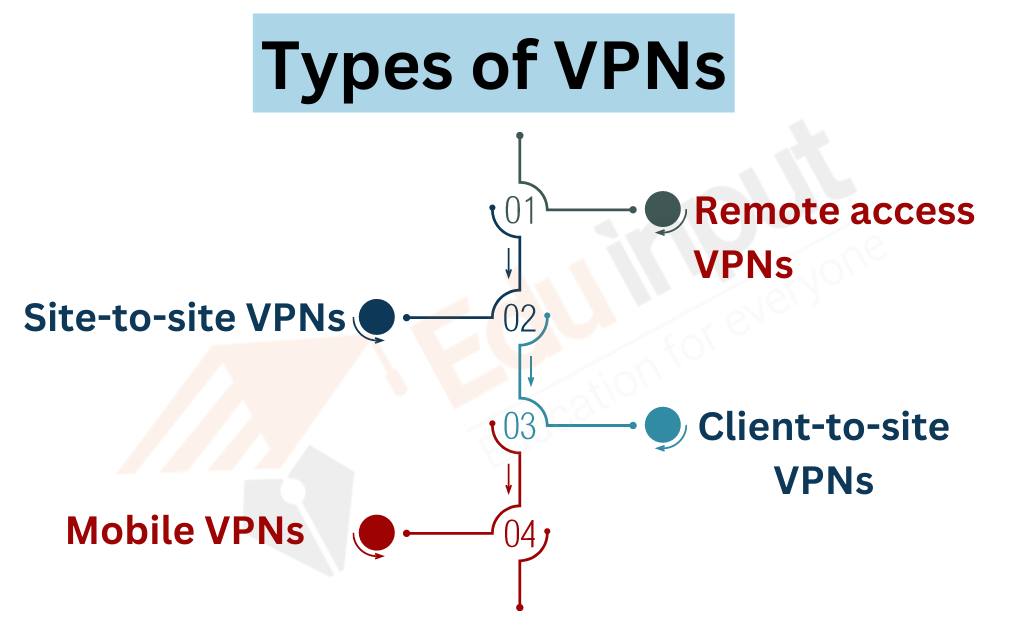Microsoft 365 is our cloud-powered productivity platform. With a subscription to Microsoft 365, you can get:
The latest productivity apps, such as Microsoft Teams, Word, Excel, PowerPoint, Outlook, OneDrive, and so much more.
The ability to install on PCs, Macs, tablets, and phones.
1 TB of OneDrive cloud storage.
Feature updates and upgrades not available anywhere else.
The Azure cloud platform is more than 200 products and cloud services designed to help you bring new solutions to life—to solve today’s challenges and create the future. Build, run, and manage applications across multiple clouds, on-premises, and at the edge, with the tools and frameworks of your choice.
Trust your cloud
Get security from the ground up, backed by a team of experts, and proactive compliance trusted by enterprises, governments, and startups.
Operate hybrid seamlessly
On-premises, across multiple clouds, and at the edge—we’ll meet you where you are. Integrate and manage your environments with services designed for hybrid cloud.
Build on your terms
With a commitment to open source, and support for all languages and frameworks, build how you want, and deploy where you want to.
Be future-ready
Continuous innovation from Microsoft supports your development today, and your product visions for tomorrow.
Multi-factor Authentication (MFA) is an authentication method that requires the user to provide two or more verification factors to gain access to a resource such as an application, online account, or a VPN. MFA is a core component of a strong identity and access management (IAM) policy. Rather than just asking for a username and password, MFA requires one or more additional verification factors, which decreases the likelihood of a successful cyber attack.
Virtual Private Network
A virtual private network, or VPN, is an encrypted connection over the Internet from a device to a network. The encrypted connection helps ensure that sensitive data is safely transmitted. It prevents unauthorized people from eavesdropping on the traffic and allows the user to conduct work remotely. VPN technology is widely used in corporate environments.
Why Use VPNs?
Security: VPNs encrypt data, making it difficult for hackers and third parties to intercept and misuse sensitive information.
Privacy: VPNs mask users’ IP addresses, providing anonymity and preventing websites and online services from tracking their online activities.
Access Control: VPNs allow users to access restricted content by bypassing geographical restrictions or censorship imposed by governments or organizations.
Remote Access: Businesses use VPNs to provide employees with secure remote access to company resources, fostering a flexible and remote-friendly work environment.
Types of VPNs:

SharePoint is a web-based collaboration platform developed by Microsoft. It serves as a centralized hub for organizations to store, organize, share, and collaborate on documents and information. SharePoint is a versatile tool with various features that enhance teamwork, streamline workflows, and improve overall productivity.

